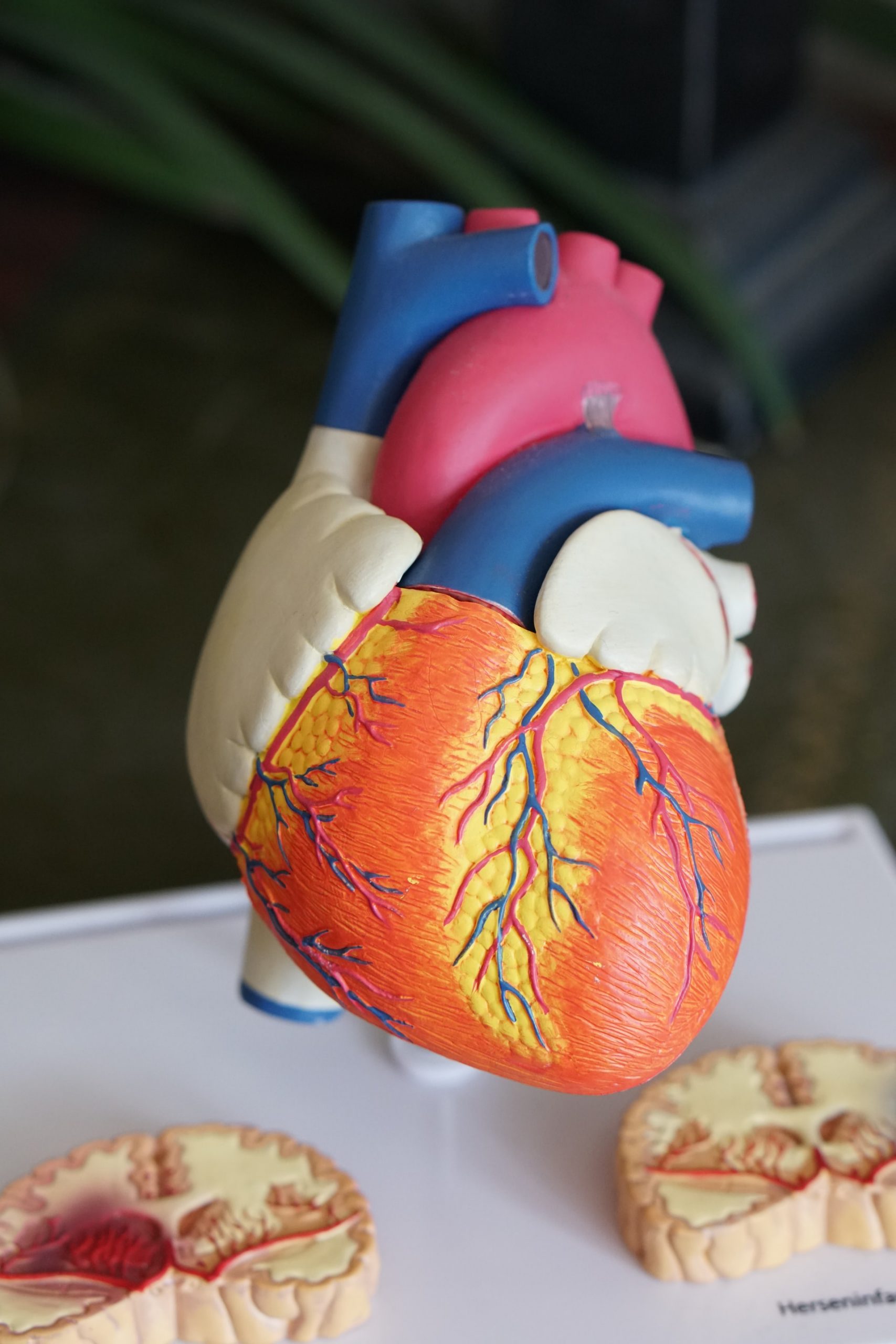For most of us, donating blood is a pretty selfless act that could save the life of a someone you’ve never met. But now, it turns out, that the life you save might be your own. At least that’s according to a new study published by the American Medical Association (AMA).
 The study shows that men who donate blood every six months or so may reduce their risk of having a heart attack by up to 88 percent, and their risk of having a stroke by 33 percent. Previous studies have also found that blood donation may be associated with reduced incidence of lung, colon, liver, throat and stomach cancers, according to data from the Miller-Keystone Blood Center in Pennsylvania.
The study shows that men who donate blood every six months or so may reduce their risk of having a heart attack by up to 88 percent, and their risk of having a stroke by 33 percent. Previous studies have also found that blood donation may be associated with reduced incidence of lung, colon, liver, throat and stomach cancers, according to data from the Miller-Keystone Blood Center in Pennsylvania.
The issue, say some scientists, is iron. High blood iron levels have been linked to increased heart attack risk in two ways. First, iron may be involved in forming the plaque that is responsible for hardening arteries and could eventually block blood flow. And when blood flow is blocked, the risk of heart attack and stroke go up significantly.
Second, iron may be involved in a complicated chemical reaction that increases the damage done to the heart and blood vessels by free radicals.
Donating blood regularly (every six months seems about right) helps thin the blood, which reduces the effects of those nasty little free radicals and reduces the buildup of blood-flow blocking plaque.
Of course, before you rush down to your nearest Red Cross or other blood donation center, check with your doctor to make sure you’re healthy enough to handle the donation and that you don’t have any conditions that would make you unable to donate blood, and to make sure donating blood wouldn’t inadvertently raise your risk of some other health issue.



